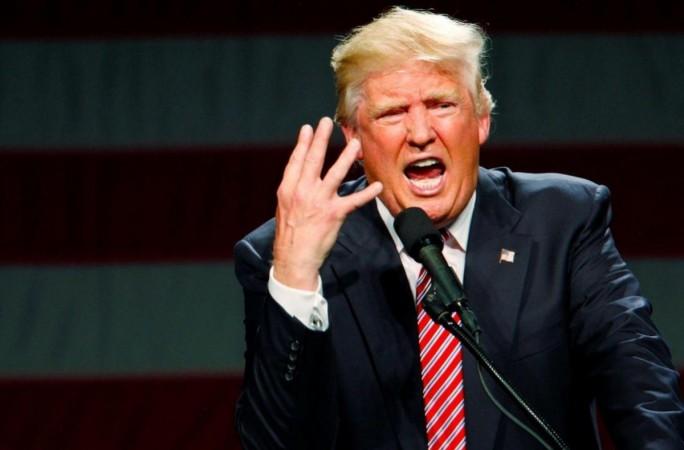
US President Donald Trump said on Tuesday that he wanted to order an assassination against Syrian President Bashar al-Assad in 2017, but that former Secretary of Defense James Mattis "was against it".
"I would've rather taken him out," Trump said of Assad during an interview with Fox and Friends Tuesday morning.
"I had him all set. Mattis didn't want to do it. Mattis was a highly overrated general," he added.
When asked whether he regretted not assassinating the Syrian President, Trump replied: "No, I don't regret that... I had a shot to take him out if I wanted, and Mattis was against it. Mattis was against most of that stuff."
The revelation came against Mattis, who has in recent months warned the country strongly against re-electing Trump. But perhaps the biggest problem is that, in the course of making this strange argument, Trump directly contradicted himself. The contradiction dates back, as it happens, to the last time Bob Woodward published a book about him.
Trump's intention to assassinate Assad
In 2018, Woodward in his book "Fear" reported that Trump had considered assassinating Assad.
After Assad launched a chemical attack on civilians in April 2017, Trump called Mattis and said he wanted to assassinate the dictator. "Let's fucking kill him! Let's go in. Let's kill the fucking lot of them," Trump said, according to Woodward. But Trump, a year later, himself denied those claims.

Trump's cards seem to have disastrously weakened the overall position of the United States in the Middle East and that too prior to the presidential election. The president on Monday vowed that any attack by Iran would be met with a response "1,000 times greater in magnitude," after the US media reported that Iran planned to assassinate the US ambassador to South Africa to avenge the killing of top general Qasem Soleimani.
However, just hours following Trump's reckless comments, the Iranian foreign ministry denied the report of an assassination plot as "baseless" and part of "repetitive and rotten methods to create an anti-Iranian atmosphere".
But once again the flare-up demarcates sour relations between Washington and Tehran that have been tensed ever since the Islamic revolution of 1979. They have sharply since Trump unilaterally pulled out of a landmark international nuclear deal with Iran in May 2018 and reimposed crippling sanctions.
.@StateDept has threatened Iran with war because they allegedly targeted a US Ambassador.
— Mark Hertling (@MarkHertling) September 15, 2020
Then @potus says he considered assassinating a nation’s President.
Yeah. That’s where we are.
A reconsideration of its Middle East policies has become the utmost for America at present, but the Trump administration has no record of such self-scrutiny. Rather, its record in the region so far is confusing and ineffectual. As a result, the influence of US adversaries like Iran is likely to grow, while allies will, by necessity, go their own ways.








!['Lip lock, pressure, pyaar': Vidya Balan- Pratik Gandhi shine in non-judgmental infidelity romcom Do Aur Do Pyaar [ Review]](https://data1.ibtimes.co.in/en/full/797104/lip-lock-pressure-pyaar-vidya-balan-pratik-gandhi-shine-non-judgmental-infidelity-romcom.jpg?w=220&h=138)








